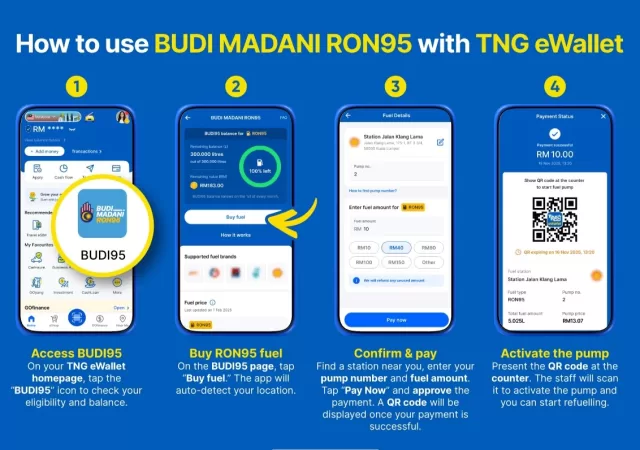In a surprising turn of events, Google has announced it will not be phasing out third-party cookies in its Chrome browser as previously planned. This decision comes after years of back-and-forth discussions and industry concerns about the potential impact on online advertising.
For those unfamiliar, third-party cookies are small data files placed on your browser by websites you visit. These cookies track your browsing activity across different sites, allowing advertisers to build profiles of your interests and target you with personalized ads. Privacy advocates have long criticized third-party cookies for being intrusive and a violation of user privacy.

In 2019, Google introduced its Privacy Sandbox initiative, aiming to develop alternative methods for interest-based advertising without compromising user privacy. Initially, Google planned to phase out third-party cookies entirely by 2022. This deadline was subsequently pushed back to late 2024 due to technical challenges and industry feedback.
The potential removal of third-party cookies caused significant anxiety within the advertising and publishing industries. Many businesses rely on these cookies for targeted advertising, a major source of revenue. Concerns were raised regarding the effectiveness of alternative methods proposed by Google and the potential for a decline in ad revenue for publishers.
Google’s decision to maintain third-party cookies signifies a shift in its approach. In a blog post on July 22nd, 2024, Anthony Chavez, vice president of Google’s Privacy Sandbox initiative, stated, “We are proposing an updated approach that elevates user choice.” While details remain scarce, this suggests Google will focus on user control over how their data is used for advertising purposes.

While Google’s reversal on third-party cookies provides some clarity for advertisers and publishers, questions remain. The specific features of the “updated approach” emphasizing user choice have yet to be unveiled. It’s unclear how this new approach will balance user privacy with the needs of the advertising industry. Additionally, it’s uncertain whether regulatory scrutiny from governments will impact this decision.
For now, users can expect to continue seeing targeted ads based on their browsing activity. However, it’s possible that Google will introduce new features in Chrome that allow users more control over how their data is used. This could potentially involve enhanced settings for managing cookies or opting out of personalized advertising entirely.
The debate surrounding third-party cookies has highlighted the ongoing tension between user privacy and targeted advertising. While Google’s decision provides a temporary reprieve, the search for a more privacy-focused approach to online advertising will likely continue. The development and adoption of robust alternatives to third-party cookies will be crucial for shaping the future of the online advertising landscape.






